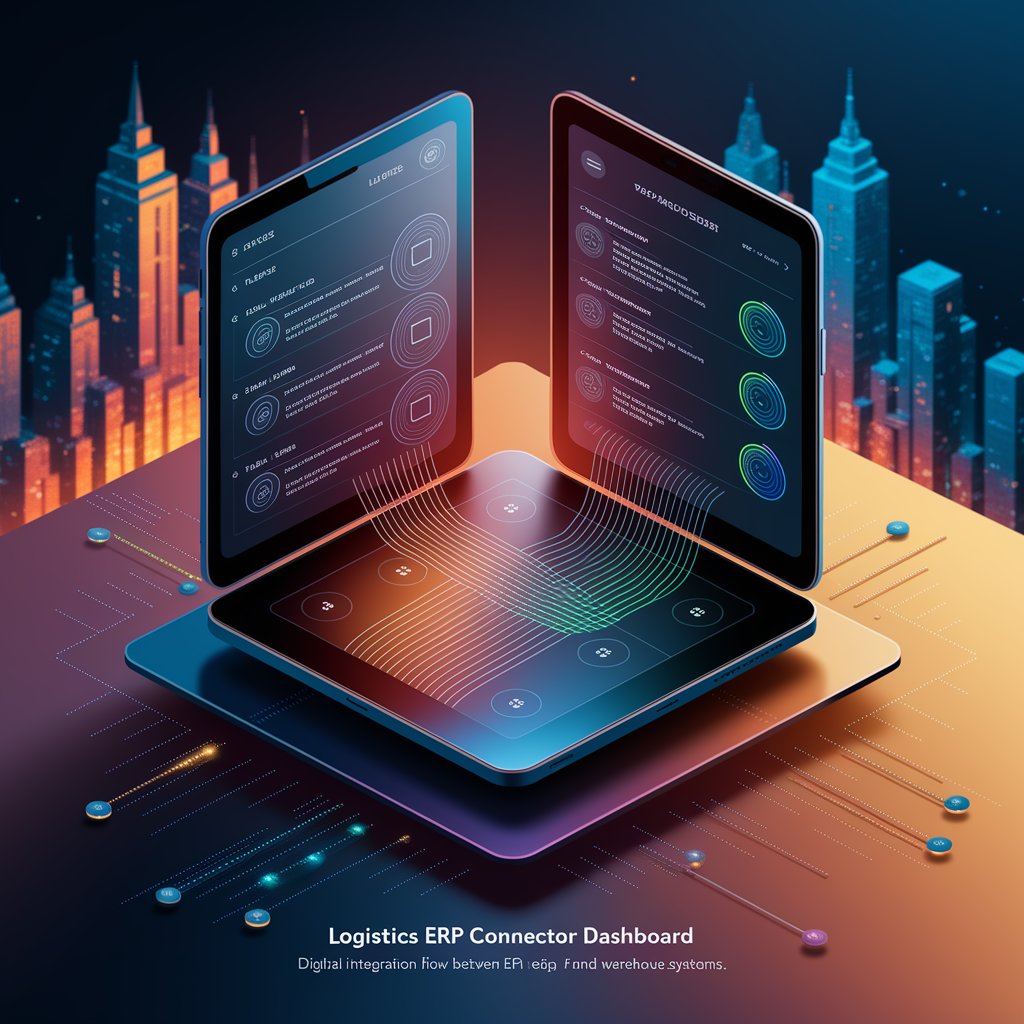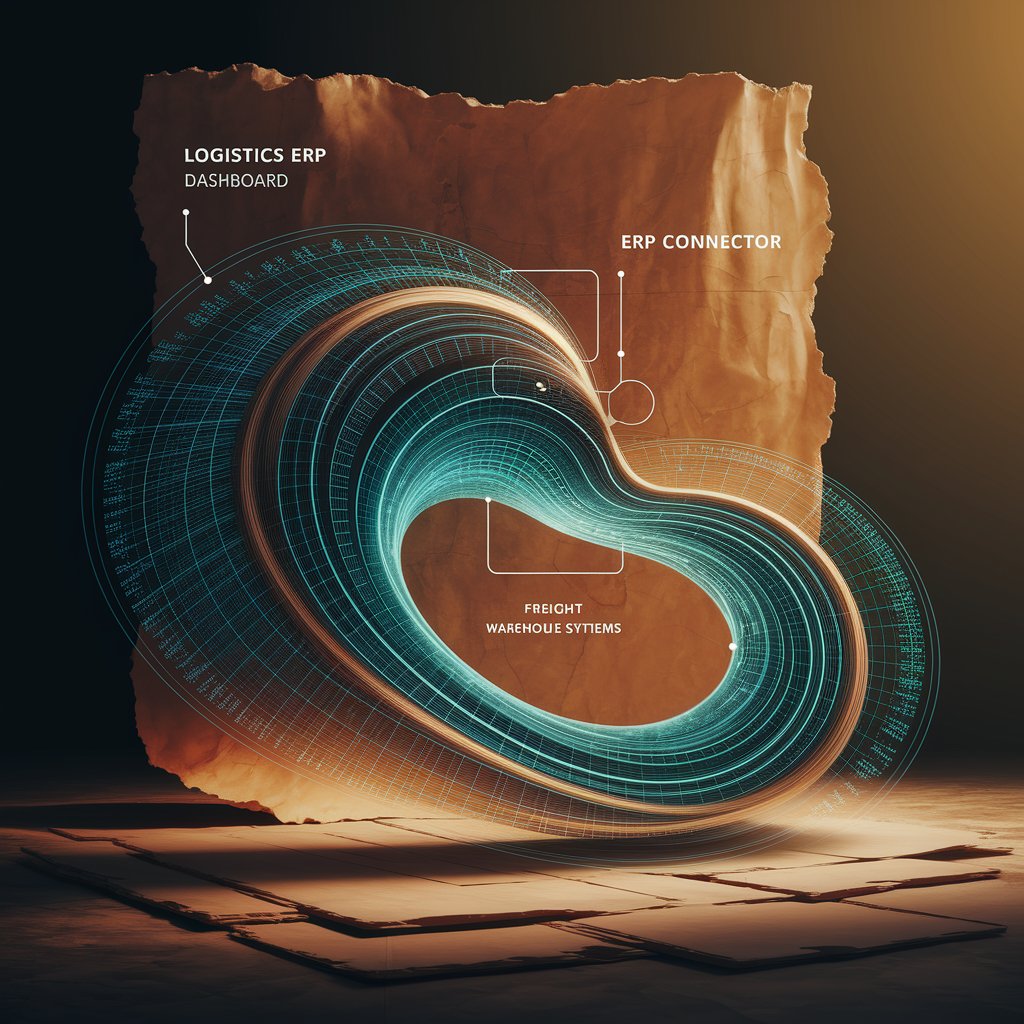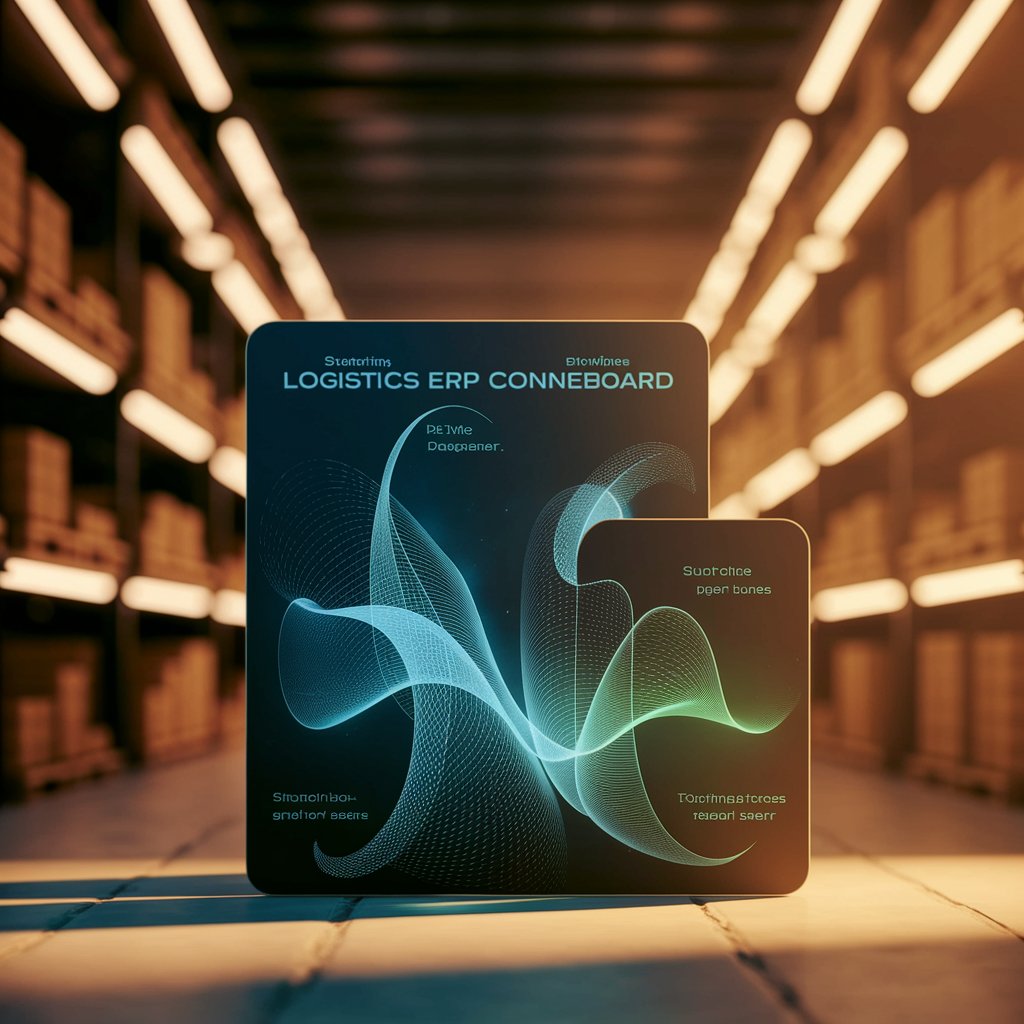Logistics ERP Connector: Bridging Operations and Efficiency

Introduction
A logistics ERP connector solves this by creating seamless integrations between logistics systems and enterprise resource planning (ERP) software. This bridge enables companies to unify operations, improve visibility, and streamline decision-making.
What Is a Logistics ERP Connector?
A logistics ERP connector is a software integration tool that links logistics platforms—such as TMS, WMS, or CRM—with ERP systems like SAP, Oracle NetSuite, or Microsoft Dynamics.
This ensures real-time data flow between logistics operations and enterprise functions such as finance, procurement, and compliance.

Key Features of Logistics ERP Connectors
- Real-Time Data Sync: Ensure shipment, inventory, and financial data are always updated.
- Custom Integration: Adapt to industry-specific workflows and ERP systems.
- Automated Workflows: Reduce manual data entry and errors.
- Scalability: Handle both small forwarders and large enterprise operations.
- Compliance Support: Maintain audit trails and regulatory reporting.
Benefits for Logistics Providers
- Efficiency Gains: Eliminate silos and redundant processes.
- Financial Accuracy: Align billing, invoicing, and cost tracking with ERP.
- Visibility: End-to-end view of operations, from shipment to finance.
- Customer Service: Faster responses through unified systems.
- Smarter Decisions: Leverage connected data for predictive insights.

Real-World Applications
- Freight Forwarders: Integrate booking and billing data directly into ERP systems.
- Warehousing: Sync inventory levels with ERP-driven procurement.
- 3PLs: Provide clients with ERP-ready reports on operations.
- Carriers: Link fleet and fuel data to enterprise accounting systems.
The Future of Logistics ERP Integration
As AI and automation evolve, ERP connectors will shift from simple data bridges to intelligent integration layers. Future logistics ERP connectors will recommend process optimizations, detect anomalies automatically, and support sustainability reporting.

Conclusion
A logistics ERP connector empowers logistics providers to unify systems, improve financial accuracy, and increase operational efficiency. By integrating freight, warehousing, and finance into one connected ecosystem, businesses can reduce costs and strengthen decision-making. In today’s digital-first logistics industry, are not just optional—they are the foundation of smarter, scalable growth.
